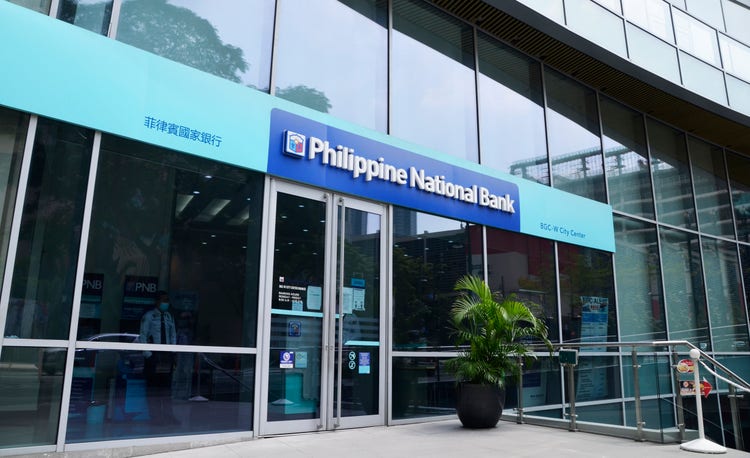PNB drives effort to reduce carbon footprint with Adobe Acrobat Sign

Since adopting the use of Adobe Acrobat Sign in 2022, Philippine National Bank (PNB) has made inroads in digitalization both for its own benefit and that of its corporate clients. Currently, there are over 20 corporate clients onboarded to PNB’s Adobe e-signature workflow. These corporations are able to access specific bank documents for review, approval, and signature.
“We have embarked on digitizing document workflows and e-signatures with Adobe Acrobat Sign because we see this technology as crucial even in the post-pandemic world,” says PNB President Florido P. Casuela. “The challenges of the past few years taught us that we need to be quick, customer-centric, and resilient to handle any scenarios.”
PNB looked to digital transformation initiatives to reduce the bank’s carbon footprint and offer flexibility for hybrid work arrangements while enhancing customer service. Rolling out an enterprise-wide electronic signature platform using Adobe Acrobat Sign is key to its efforts.
Promoting sustainability
As part of its sustainability efforts, PNB supports initiatives that help achieve the United Nations Sustainable Development Goals. Expecting to handle up to 900,000 transactions through its e-signature platform in the near future, the bank anticipates it will eliminate more than 4,800 kilogram of paper-related waste and 73,000 kilogram in greenhouse gases, as calculated by the Adobe Resource Saver Calculator.
“We are proud to be the first major bank in the Philippines to introduce e-signatures. We can enhance customer services while supporting our sustainability goals,” says Casuela.
Using the software, bank employees can send documents to customers to be e-signed on a computer or mobile phone, eliminating the obligation for customers to visit a PNB branch to sign documents in person. When completed, digital copies of e-signed documents are sent automatically to everyone.
Legal, trusted electronic signatures
E-signatures gained recognition as legal signatures — thanks to the Philippine government’s Electronic Commerce Act of 2000. To comply, the technology identifies the signer, captures the signer’s intent, and ensures the integrity of the signed document.
The platform securely stores final signed documents and audit trails of every transaction — making it easy for authorized bank employees to locate records, while reducing risk. “Adobe Acrobat Sign helps protect the bank and upholds customer data privacy, as only authorized recipients can access the documents,” says Jun Audencial, EVP and Head, Institutional Banking Sector at PNB.
The approach helps ensure the integrity and authenticity of PNB’s documents, supported by a blue-ribbon icon in a document’s signatures panel to indicate a valid signature. PNB customers can then add required information and sign the document. However, if they remove pages or add unnecessary information, the document loses its certified status.
Leading technology innovation in the Philippines
PNB’s Institutional Banking Sector pioneered the company’s use of the platform to digitally complete business loan documents. Meanwhile, the bank’s Global Markets Group uses the software for foreign exchange transactions, paving the way for adoption by the bank’s other business units such as retail banking, credit cards, and trust services.
The e-signature platform’s integration with PNB’s Microsoft environment will enable streamlined access for the bank’s users. With the integration, employees can quickly route documents for e-signature without leaving Microsoft Teams — the bank’s primary messaging and meeting platform. PNB also anticipates using the Live Signing functionality for face-to-face signing experiences directly within Microsoft Teams video calls, further bolstering Know-Your-Customer (KYC) policies to confirm identities and mitigate fraud in retail and consumer transactions.
Transitioning to e-signatures also allows the bank to save money on courier fees and other expenses related to handling paper documentation. Automations reduce manual interventions for completing documents and adding e-signatures. In the long term, PNB expects to reduce overtime costs as employees become more skilled in navigating the platform and its efficiency benefits multiply.
“With e-signatures, customers can complete business documents a lot faster,” says Audencial. “The digital processes also improve the accuracy of completed documents and reduce risk for the bank. Equally important, we’re providing more innovative, convenient customer services. It’s a win for both the bank and our customers.”